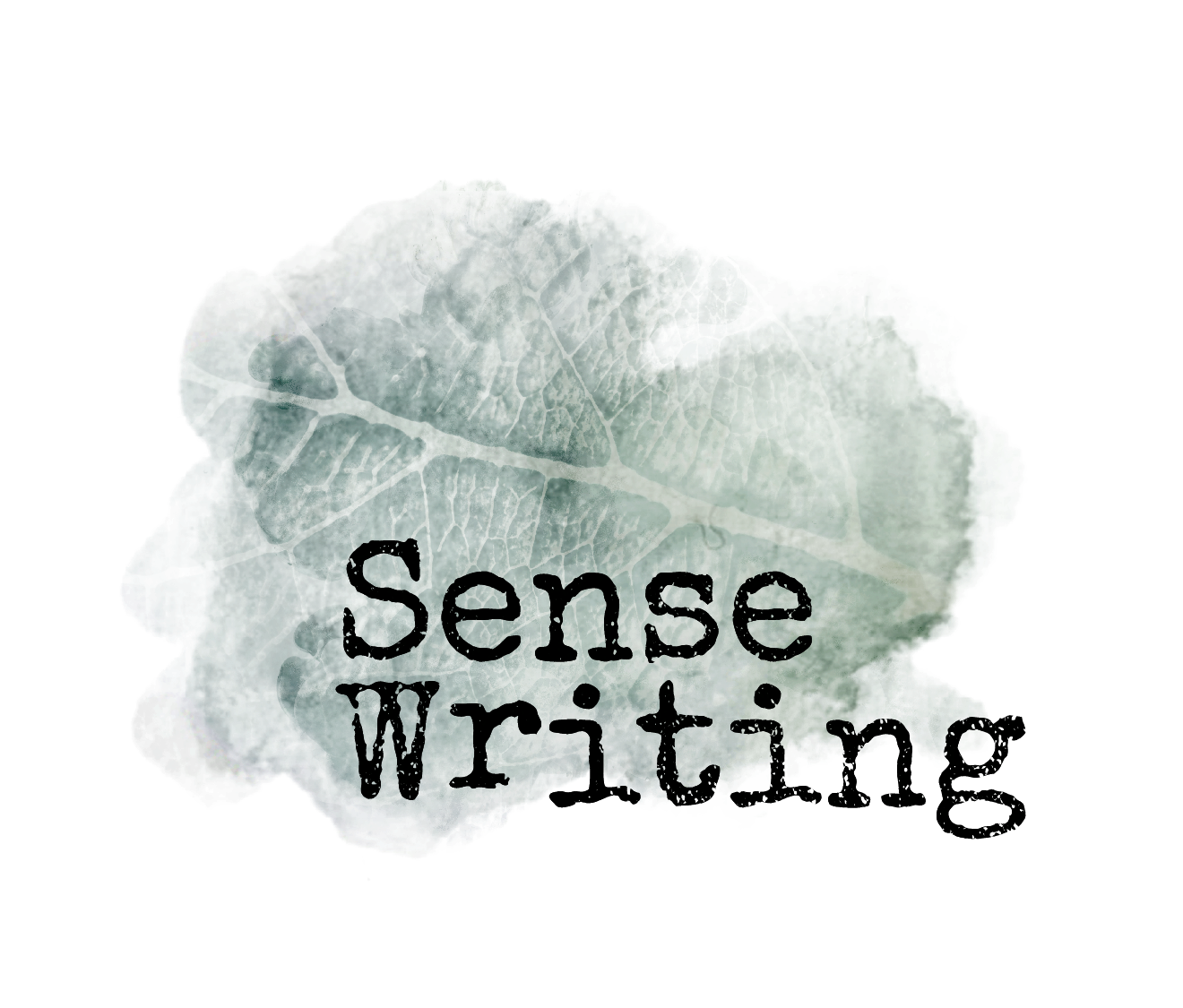You Want to Write...
You can feel the build-up and desire to write, but the words don’t come. Maybe there’s a feeling like the landscape is barren or the ground is unyielding, like there’s nothing to till. You might know there is richness underneath, but you can’t seem to get to it.
Creativity is a natural expression of being alive for many of us. But for some reason when it comes to writing, we often feel stuck.
Whether we are someone who writes or someone who aspires to, when we feel an urge to connect through words and stories but can't, we're susceptible to feelings of overwhelm or frustration. Looking at the causes of these blocks on a foundational level allows us to develop the tools to finally bypass them and get to the richness underneath it all.
Why Our Creative Expression Goes Quiet in the First Place
1. Too much internal noise.
Instead of writing, you think of all the errands waiting for you, the doubts about your ideas, that squirrelly feeling of not being able to get the words or the tone or the ideas just right… There’s too much internal noise. The static of fear and anxiety that resides inside is overwhelming.
2. Too much external noise.
You’ve been listening to other people’s words so much that you’ve forgotten what your own voice can sound like. You get excited about your ideas, but then a notification makes you jump or you get an email that gives you something else to deal with and you’re out of the zone. Or maybe old habits and old voices crop up like stubborn weeds, and you lose sight of what you’re trying to create in the first place.
3. Being too much in our heads.
You just can’t stop planning the project, chewing it over, thinking around it… and never get around to actually getting INTO it. Classic overthinking. More than other forms of expression, writing relies on cognitive processes of thought and language. Other arts can bypass certain traps of over-thinking by being more abstract or physical — think of the instincts that it takes to feel the shape of objects as you draw or sculpt or the physicality of learning a piece of choreography — but writing feels like a brain activity, and sometimes it gets stuck in overdrive.
Sure, sometimes we get hit by a wind of inspiration and write for a quick spell, riding the wave. But this soon starts to wane, and the more we try to hold onto it or retrieve it, the quicker it disappears. And we're back to square one, more frustrated and even burdened by our urge to create than inspired.
So how can we fix it? How do we get through writer's block? How do we find the flow even when the wave is gone?
Using the Body to Dissolve Writer's Block
“I like to work on a song until those slogans, as wonderful as they are and as wholesome as the ideas they promote are, dissolve into deeper convictions of the heart.”
--Leonard Cohen, The Guardian, January 19, 2012
There IS a way to get to those “deeper convictions of the heart” — and it’s not through the mind.
It’s through the body and the nervous system.
The brain is plastic — that means it can change — so with the right techniques, the habits that turn into problems don’t have to stay that way. The tools to melt writer's block build up when you use them: they become a resilient writing practice, not a quick one-time fix. Learning to work with the body to reduce noise gives you a path around the interruptions, the doubts, the other voices stuck in your head, even the crash of anxiety or disappointment when a wave of inspiration ebbs, and into the richness you know is hidden underneath all of that.
You can learn how to get out of your head and into your body to lower noise.



